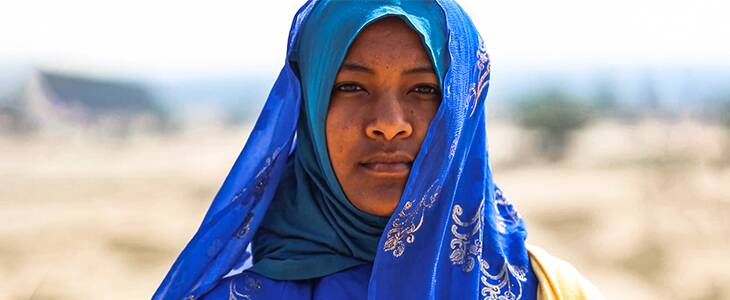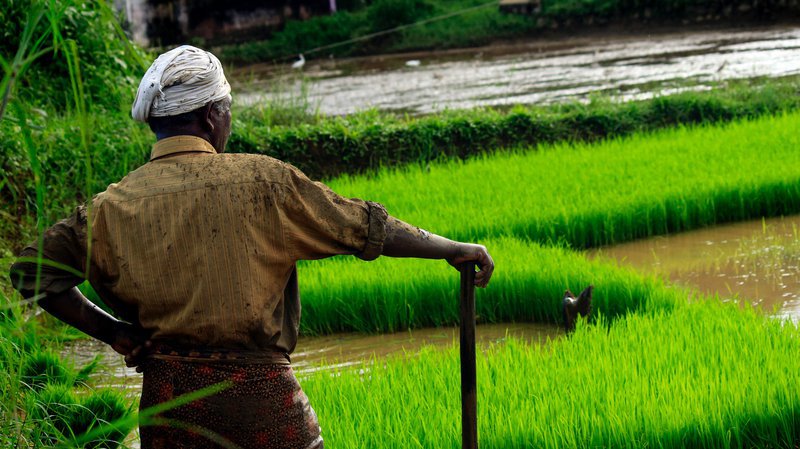Africa’s Disrupt Story: What’s up Somalia?

The development of tech is a matter of primary concern for the future development of any economy. Tech has promoted not only research, but also the expansion of related training facilities at all levels. For Somalia’s underdeveloped economy, growing in this light should be a priority in order to accelerate growth. Somalia’s population is primarily made up of nomadic herders, the majority of whom migrate across the country based on seasonal grazing requirements.
The current lack of a legal framework for both the ICT and financial sectors poses a risk to the Somali economy. Years of conflict have in Somalia now has the economy facing a number of challenges; crude population growth has outpaced economic growth, people have been subjected to extreme poverty and vulnerability, the economy is burdened by recurring external trade and climate shocks and insurgency. In 2020, Somalia reached the Decision Point of the Heavily Indebted Poor Countries (HIPC) initiative. This was to help restore the country’s access to regular concessional financing and initiating the debt-relief process.
Agritech Opportunities in Somalia
Agricultural activities are the principal economic activity in Somalia. Livestock raising and crop cultivation accounts for a majority of employment cases. However, agriculture and livestock are being severely hit by drought conditions. This raises many technical, apart from social, questions in relation to livestock and range management under low rainfall conditions. Primary producing sectors are considered the key to economic development. Somalia have emphasized maximum priority to the sectors of agriculture, livestock, forestry and fisheries in development strategies.
With the country’s attention focused on the critical need for food system transformation, all eyes are on Agritech to provide solutions. This could result in a flood of opportunities and incredible growth in the sector.

According to Thompson Reuters Foundation, ‘Agritech is increasingly playing a crucial role’ in cushioning small-scale farmers against the crop-damaging effects of climate change and the economic pain of the pandemic.
Since the outbreak of the pandemic, growth downgraded from 3.2% before the onset of the health pandemic to potentially negative 2.5 to 3.0%, as consumption falls due to lower remittances and job losses, and exports of livestock decline. However, a shift from traditional to digital farming can help keep Somalia’s food system in running. Startup using AI to offer precision irrigation to farmers can help manage potential risks as droughts, pests, and diseases.
The Somali agricultural industry is facing a number of challenges. The weather is unpredictable, and the population is growing rapidly. Current farming practices deplete farm soil, exacerbate deforestation, and exacerbate water scarcity. There is a lack of technical expertise, and young people are migrating from rural to urban areas. To provide food and economic growth, farmers will need to increase their productivity to digital processes.
